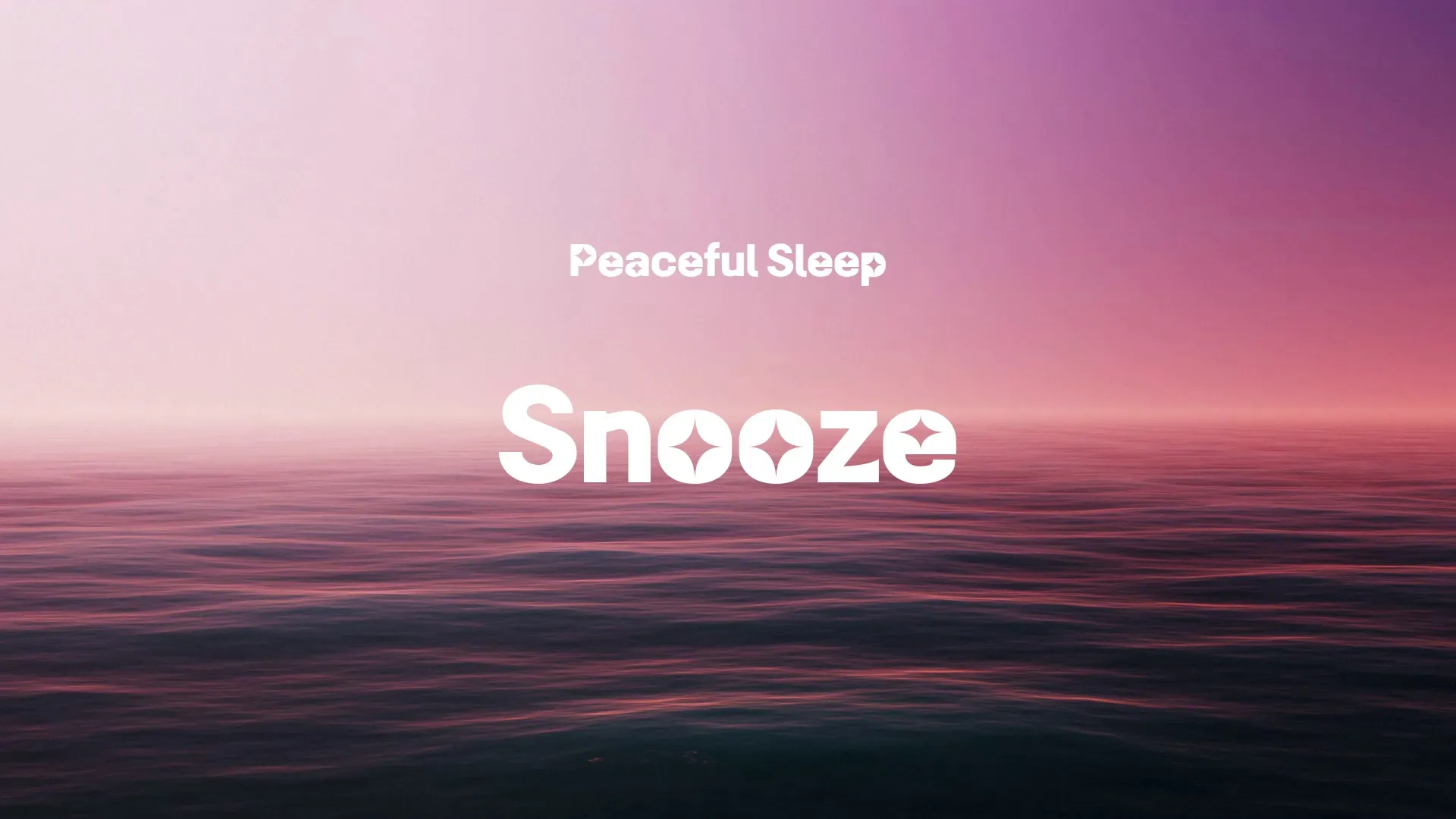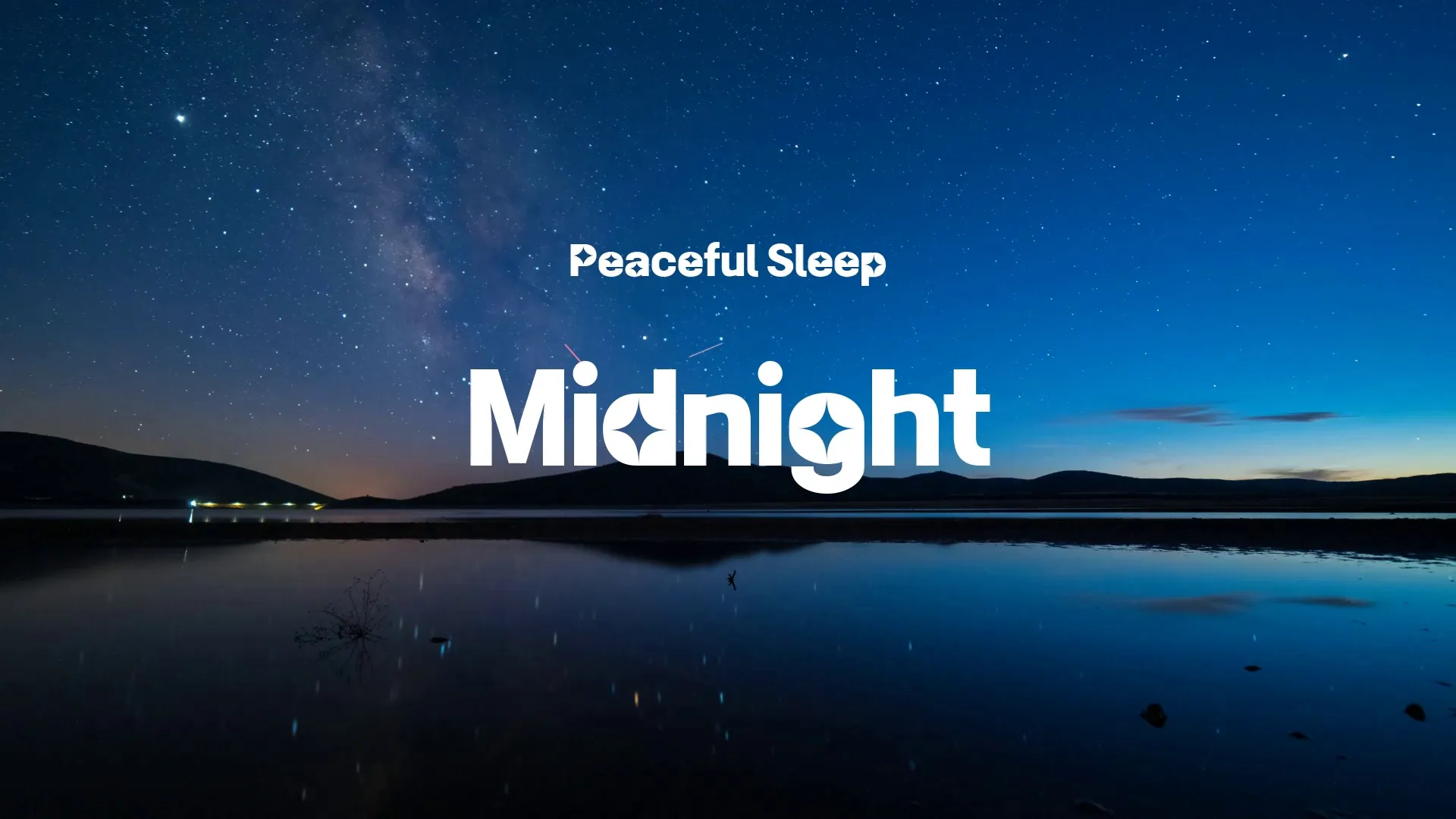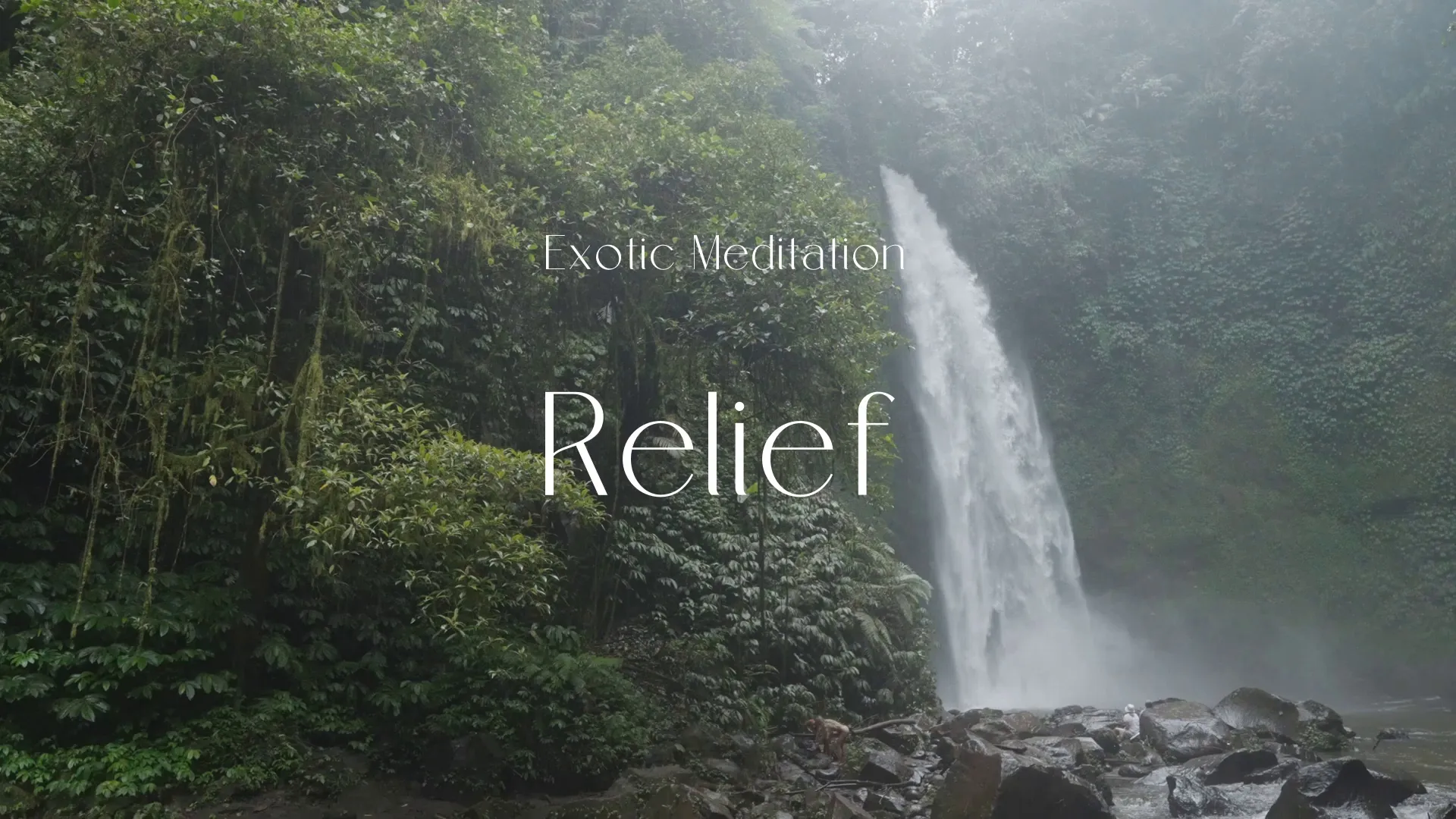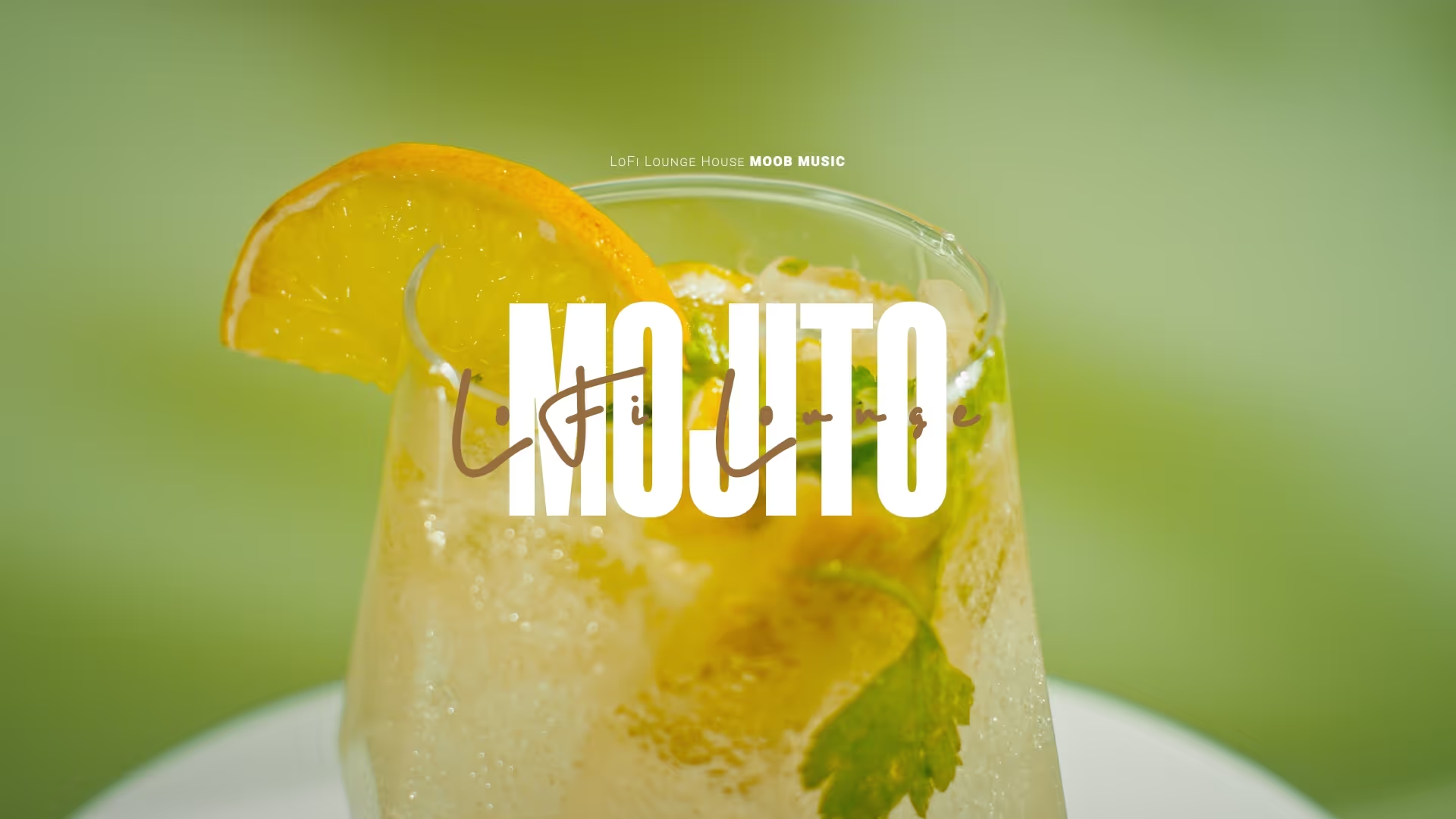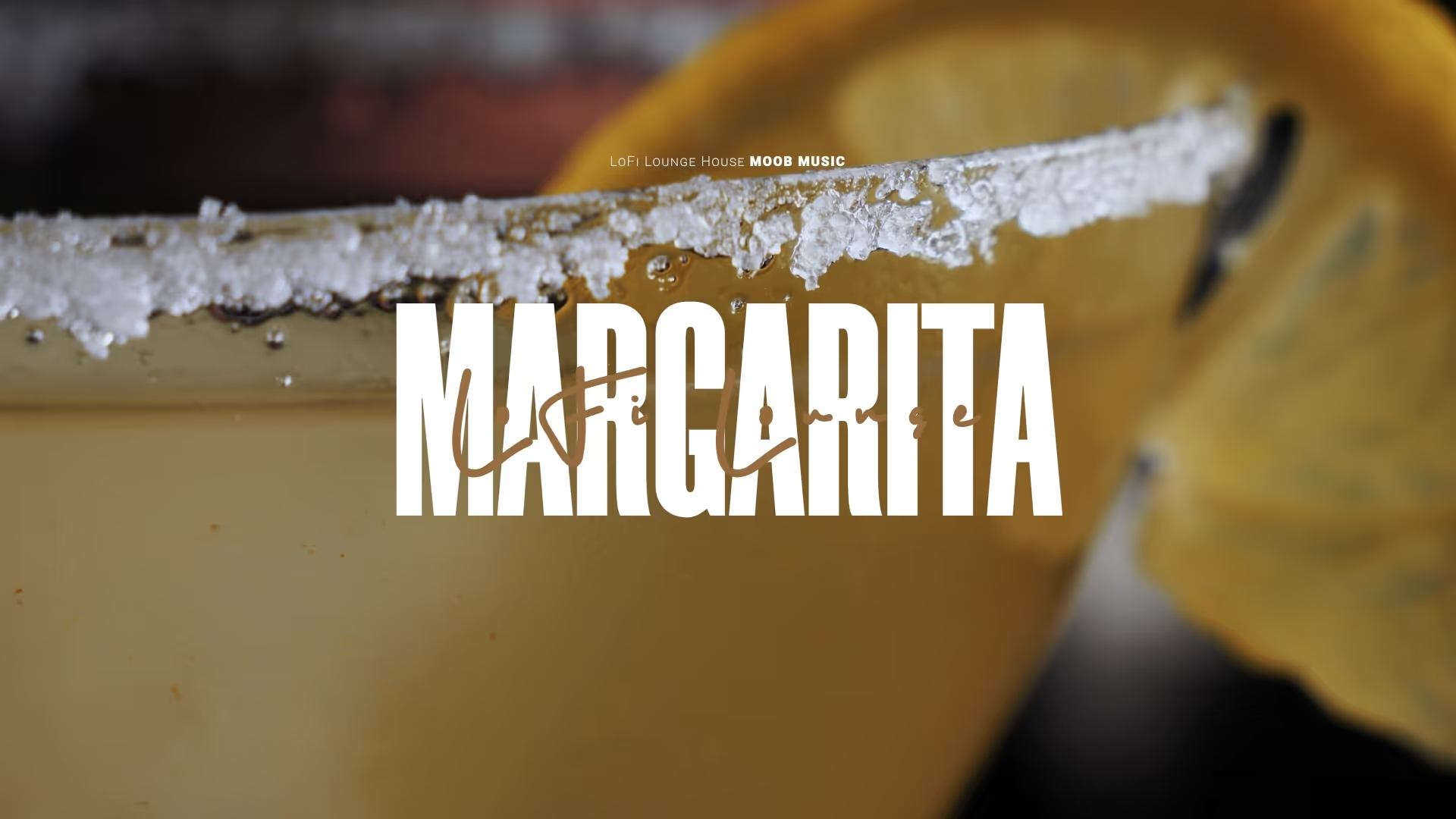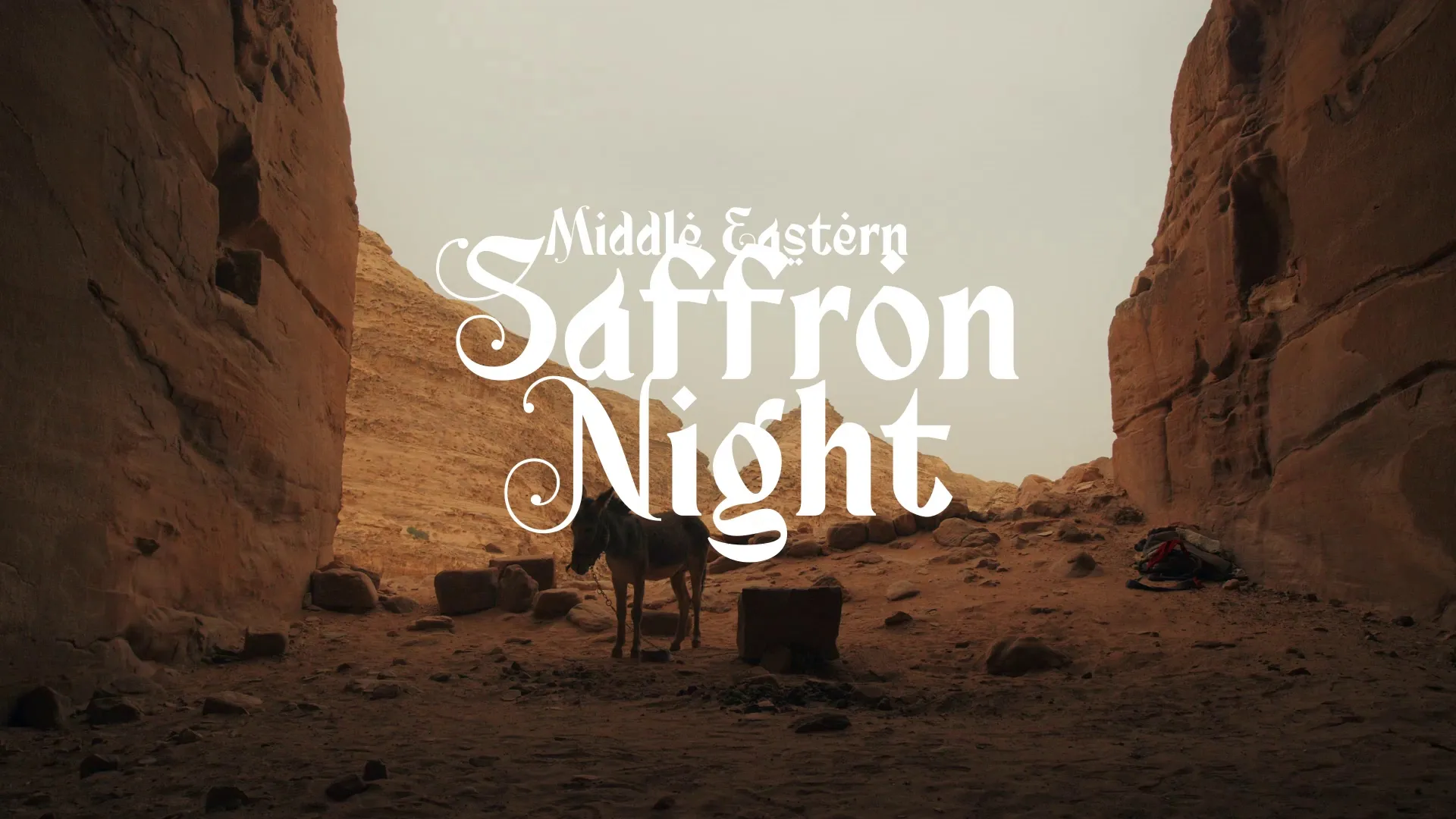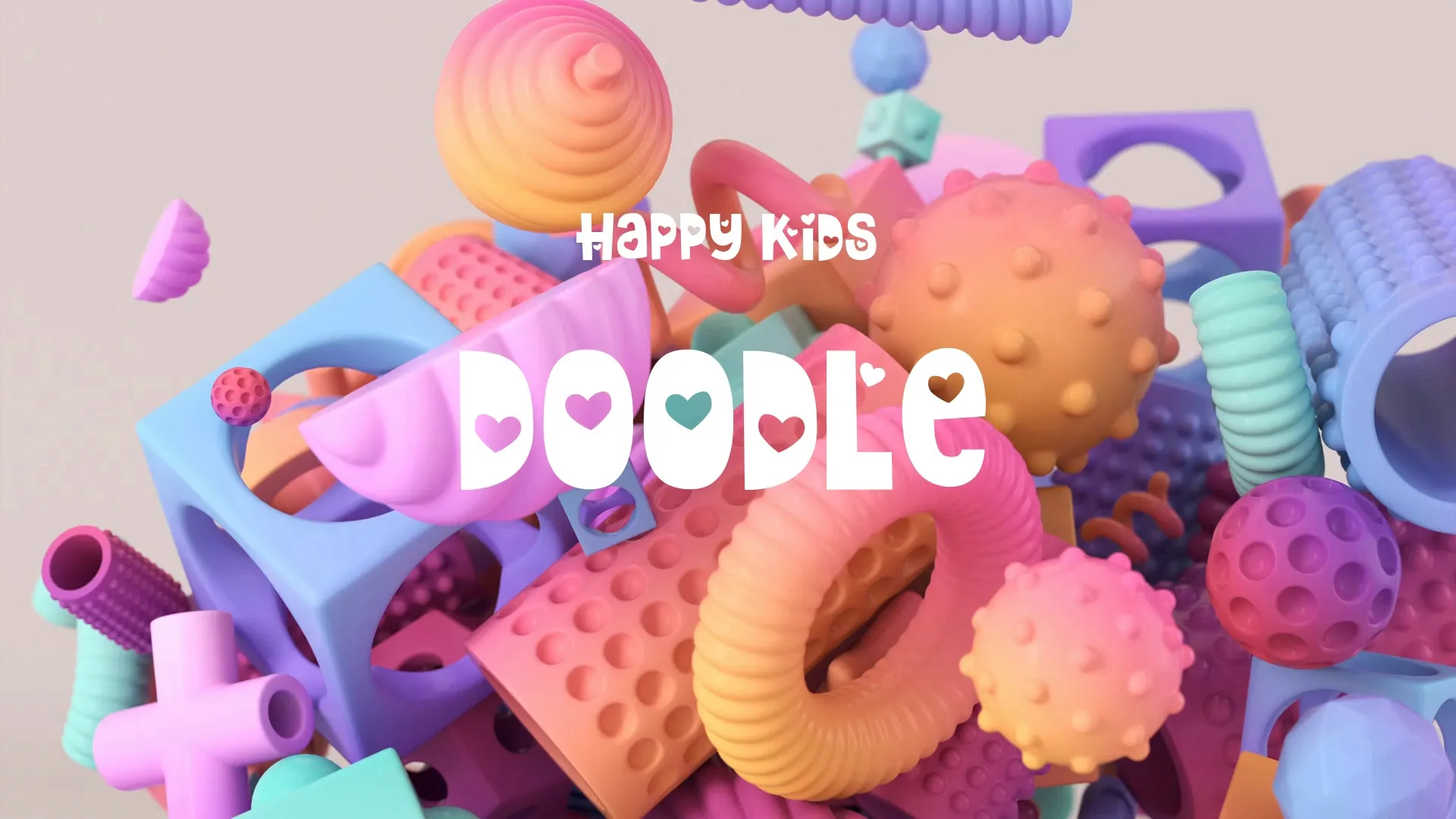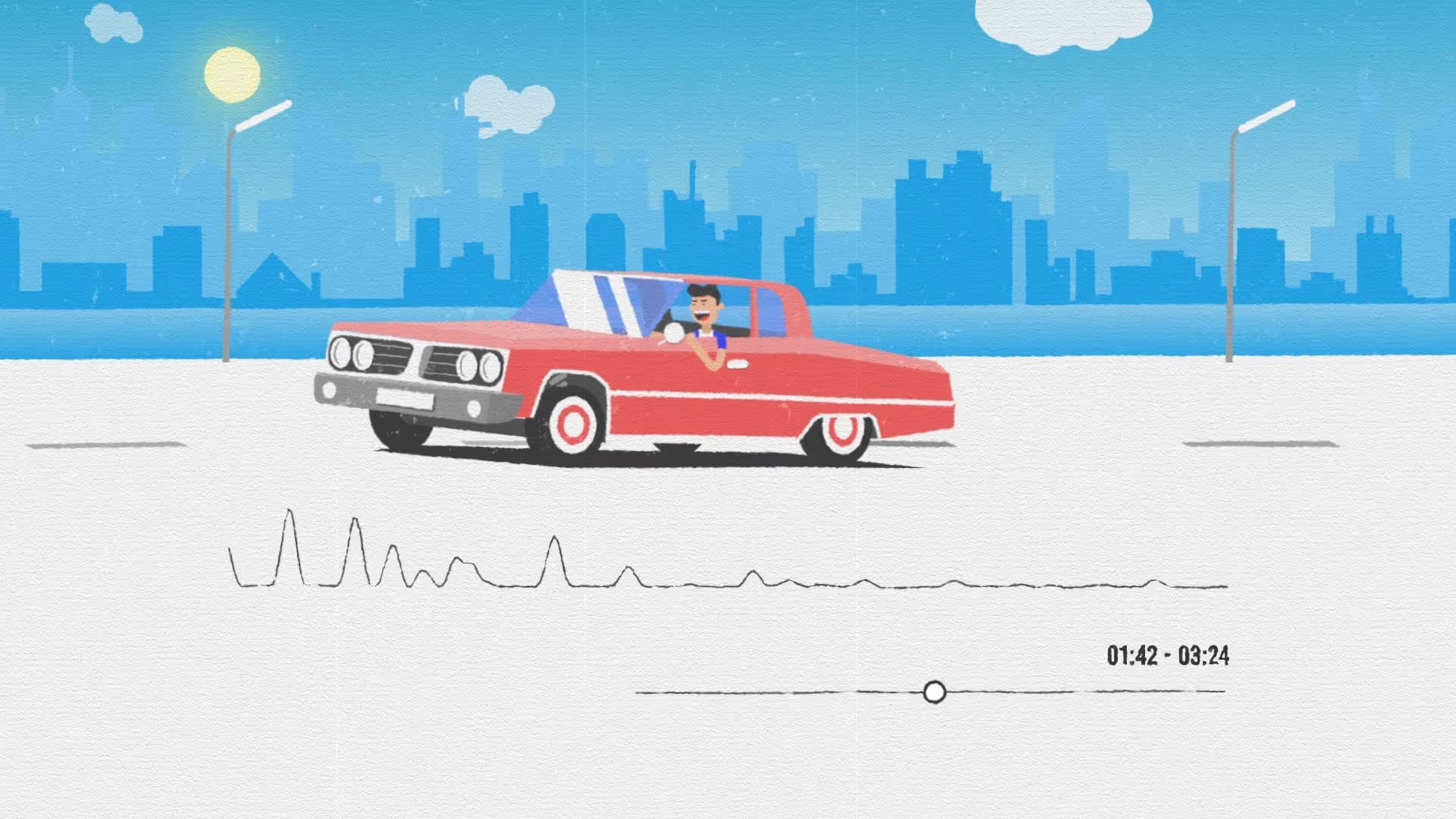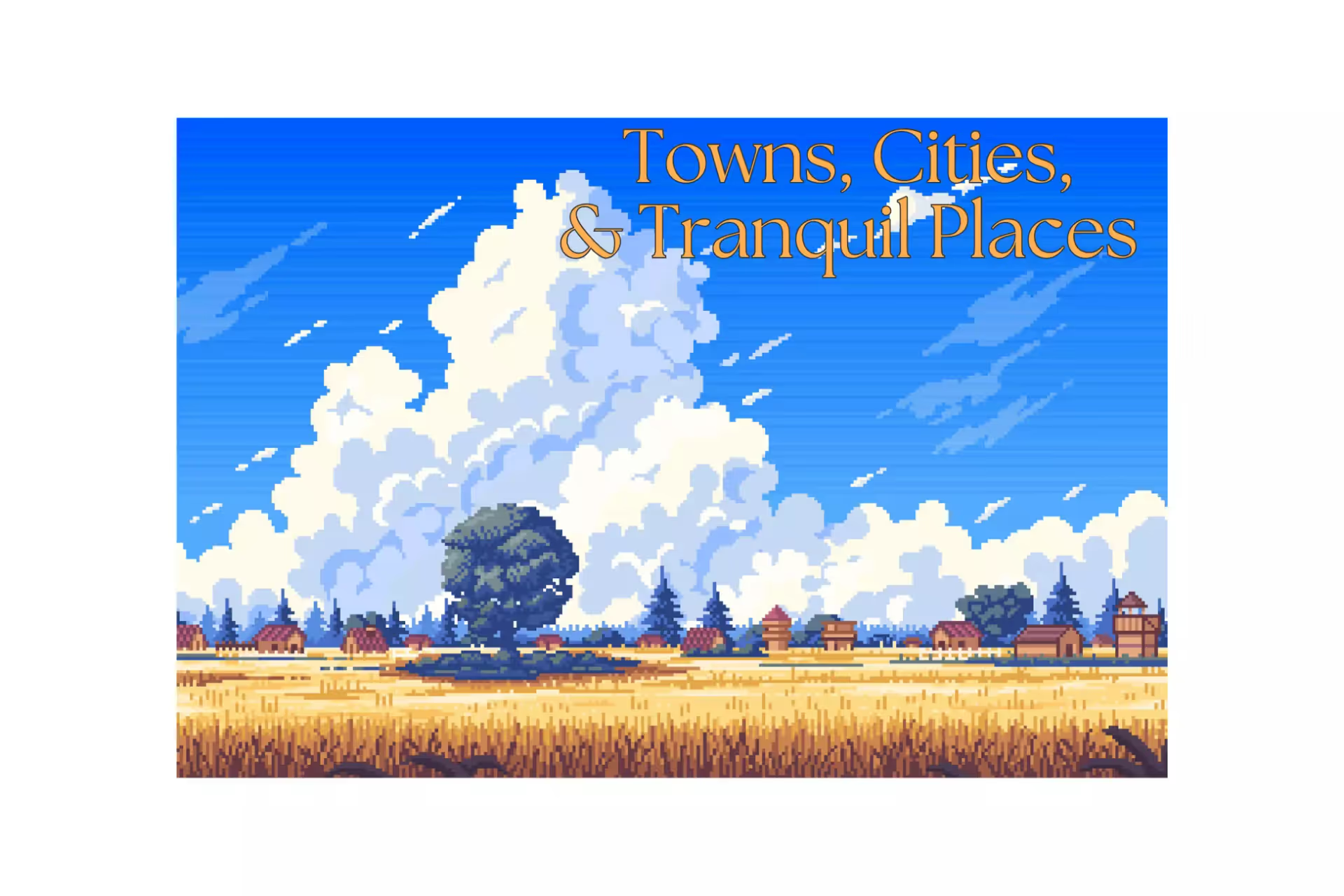Indie Game Legal Guide: Protecting Your Intellectual Property and Avoiding Pitfalls
Navigating the legal landscape of indie game development is crucial for protecting your creative work. Overlooking legal fundamentals can lead to significant financial and creative losses down the line. This guide provides essential insights into intellectual property, copyright, trademarks, and licensing for indie game developers.
Understanding Intellectual Property in Games
Intellectual property (IP) is the foundation of your game’s value. It encompasses all original creations, from code and art to story and music. Proper IP protection ensures you retain control over your game and its potential revenue streams.
Copyright Basics for Game Developers
Copyright automatically protects original works of authorship, including your game’s code, art assets, music, and narrative. While copyright protection is automatic upon creation, registration with the appropriate government office (e.g., U.S. Copyright Office) strengthens your legal standing. This registration provides public notice of your ownership and is necessary for pursuing infringement lawsuits in many jurisdictions. Always document your creative process and ownership clearly.
Trademark Protection for Your Game
Trademarks protect elements that distinguish your game in the marketplace, such as its title, logo, and unique character names. Registering a trademark prevents others from using similar marks that could confuse consumers. Conduct thorough searches before settling on a name or logo to avoid infringing on existing trademarks. Early trademark registration is a proactive measure against future disputes.
Licensing Assets: Music, Sound Effects, and More
Most indie games rely on licensed assets, especially for music and sound effects. Understand the terms of every license you use; royalty-free does not always mean unrestricted use. Ensure your licenses permit commercial use and align with your distribution plans. Using unlicensed assets, or assets with restrictive licenses, can lead to costly legal battles.
For example, Wayline’s Strafekit offers a library of royalty-free assets, including Sound Effects and Audio & Music, explicitly permitting commercial use.
Common Legal Pitfalls and How to Avoid Them
One common pitfall is neglecting proper documentation of ownership and contracts with collaborators. Always have clear, written agreements with everyone involved in your project, defining IP ownership, revenue share, and responsibilities. Another risk involves using third-party content without verifying its license terms; this includes fonts, textures, and even reference images. Ignorance of licensing terms is not a valid legal defense.
Additionally, be wary of creating content too similar to existing popular games, as this can invite accusations of copyright or trademark infringement. Originality, while challenging, is your strongest legal defense. Maintaining clear records of your development process can also be vital evidence in any dispute. Keeping track of your tasks and milestones can be managed effectively with a dedicated tool like Momentum.
Protecting Your Game’s Name and Brand Identity
Your game’s name and brand identity are critical for marketing and recognition. Beyond trademarking, consider registering relevant domain names and social media handles early in development. This protects your online presence and prevents others from squatting on your brand. A consistent brand identity, legally protected, builds trust and recognition with your audience. Understanding the business side, including financial expectations, is also crucial for long-term success. You might find insights in this popular article: Realistically, How Much Does an Indie Game Dev Make Per Year?.
Conclusion
Legal protection is not an optional extra; it is a fundamental component of successful indie game development. Proactively address intellectual property, copyright, trademark, and licensing to safeguard your creations. Invest time in understanding these legal aspects to protect your game and secure your future in the industry. Prioritize legal due diligence from the outset to avoid costly mistakes and ensure your hard work is truly yours.
